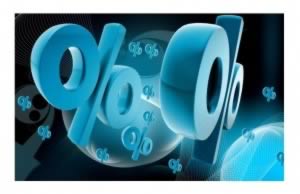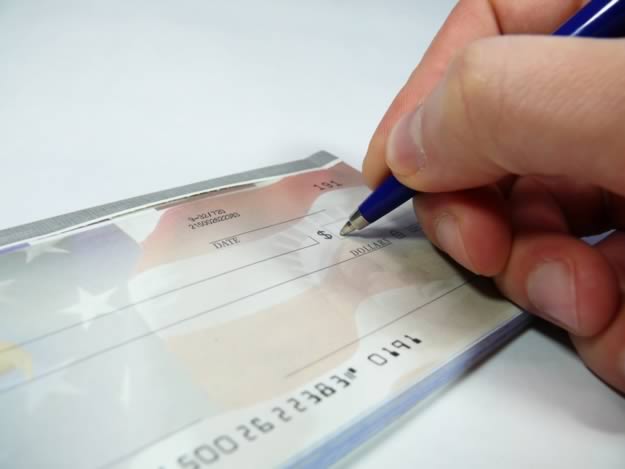5 Features to look for in the best online banks
Published 11/12/10 (Modified 3/9/11)By Kelly Richardson
The tech revolution encourages us to perform many of life's tasks on the Internet--and banking is no exception. So rather than fight upstream, I decided a few years ago to try online banking. I was with one of the major players in the industry, so naturally I went with the Internet banking interface that they offered--which turned out to be a major mistake. Here's why.
First, opting to bank online meant that they expected me to no longer need the assistance of branch tellers and charged me hefty fees if I did. Next, getting online help was a purely stressful process--the FAQs were hardly any help and the toll-free number was frequently busy. And, finally, they imposed a monthly fee to download my own banking records to the financial management software I used on my local machine. Long story made short--my foray into online banking was frustrating to say the least.
However, there is a golden lining to this story. And that lining is choice.
Online banks have sprung up all over the World Wide Web, giving you and me the option of comparing institutions to choose from the online banks that actually want our business. So I compiled a quick list of the 5 features that the best online banks possess in hopes you'll follow me to financial bliss.
1. The best online banks take your privacy seriously.
The Federal Deposit Insurance Corporation (FDIC) has published a set of guidelines that
Read the full article » By Maricelle Ruiz-Calderon
By Maricelle Ruiz-Calderon  By Marcia Passos Duffy
By Marcia Passos Duffy  By Michele Lerner
By Michele Lerner